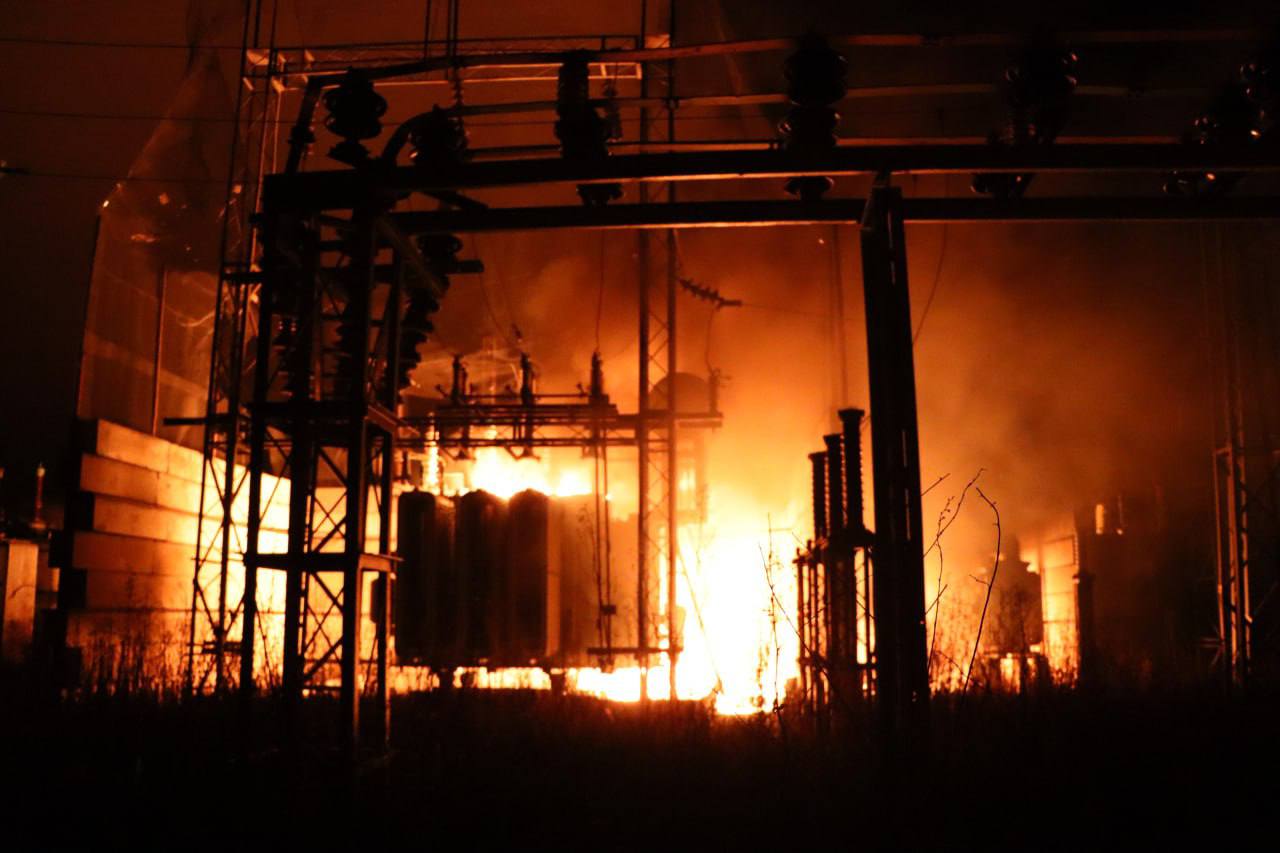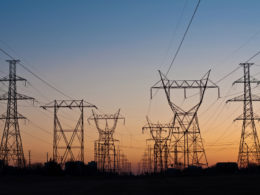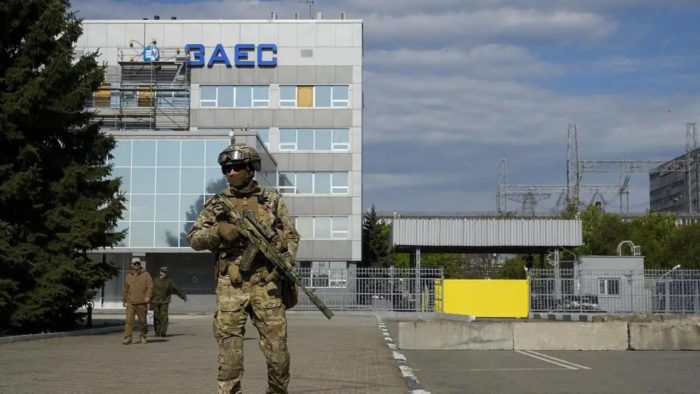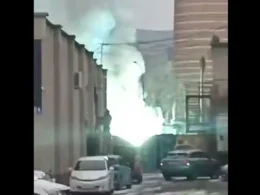Overnight drone strikes on power substations in Russia's Kursk Oblast left over 16,000 residents without electricity, regional governor Oleksandr Hinstein said on Telegram on the morning of 20 November.
The governor published photos showing fires at the facilities and drone debris. Substations in the Glushkovsky, Rylsky, and Korenevo districts were targeted, according to his statement.
"The consequences are being clarified, engineering and explosive ordnance surveys of the territories will be conducted soon," Hinstein said.
The governor did not specify how many facilities were hit or provide their exact locations. Social media posts from Kursk Oblast residents indicate explosions began after 3 am, followed by complaints about power outages.
The same night, Ukrainian strike drones attacked the Ryazan oil refinery, one of Russia's largest petroleum processing facilities. Ryazan Oblast Governor Pavel Malkov reported a "flash" at one of the region's enterprises, while local social media channels wrote about a fire in the refinery area.
Malkov claimed Russian air defense successfully operated and attributed the fire to "falling debris" from allegedly downed drones—a standard explanation from Russian officials.
Local residents counted over 10 explosions in different parts of the city. Social media channels suggested the Ryazan refinery was hit, publishing photos and videos of the fire.
Russia's Ministry of Defense reported shooting down 16 drones over the region. The Russian military claimed to have downed 65 drones total overnight across Russian territory and temporarily occupied Crimea.
The Ryazan oil refinery, owned by Rosneft, is one of Russia's largest with a processing capacity of approximately 17 million tons of crude oil per year. The facility produces a wide range of petroleum products, much of which is exported. In 2024, it processed approximately 13.1 million tons of oil (about 262,000 barrels per day), accounting for roughly 5% of Russia's total refining capacity.
The refinery has been repeatedly targeted by drone attacks. On 23 October, residents reported a series of explosions in Ryazan, including in the refinery area. On 15 November, the city was again attacked by drones, with locals reporting strikes on the refinery.
The facility houses four primary oil processing units, along with equipment for vacuum gas oil hydrotreatment, cracking, catalytic reforming, and other complexes producing various products including bitumen, LPG, sulfuric acid, and catalytic reforming products. The refinery serves as the main fuel supplier for regions around the Russian capital.





